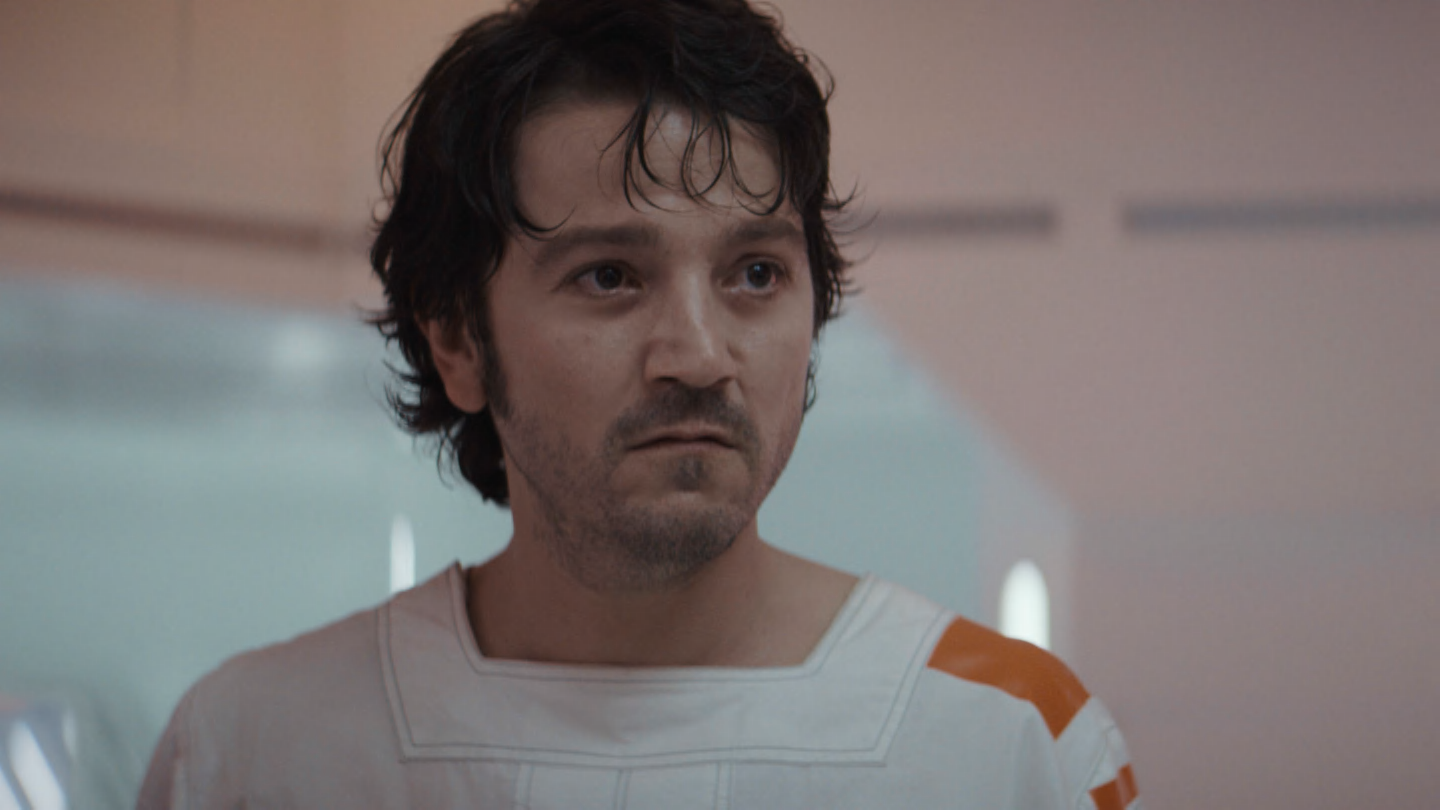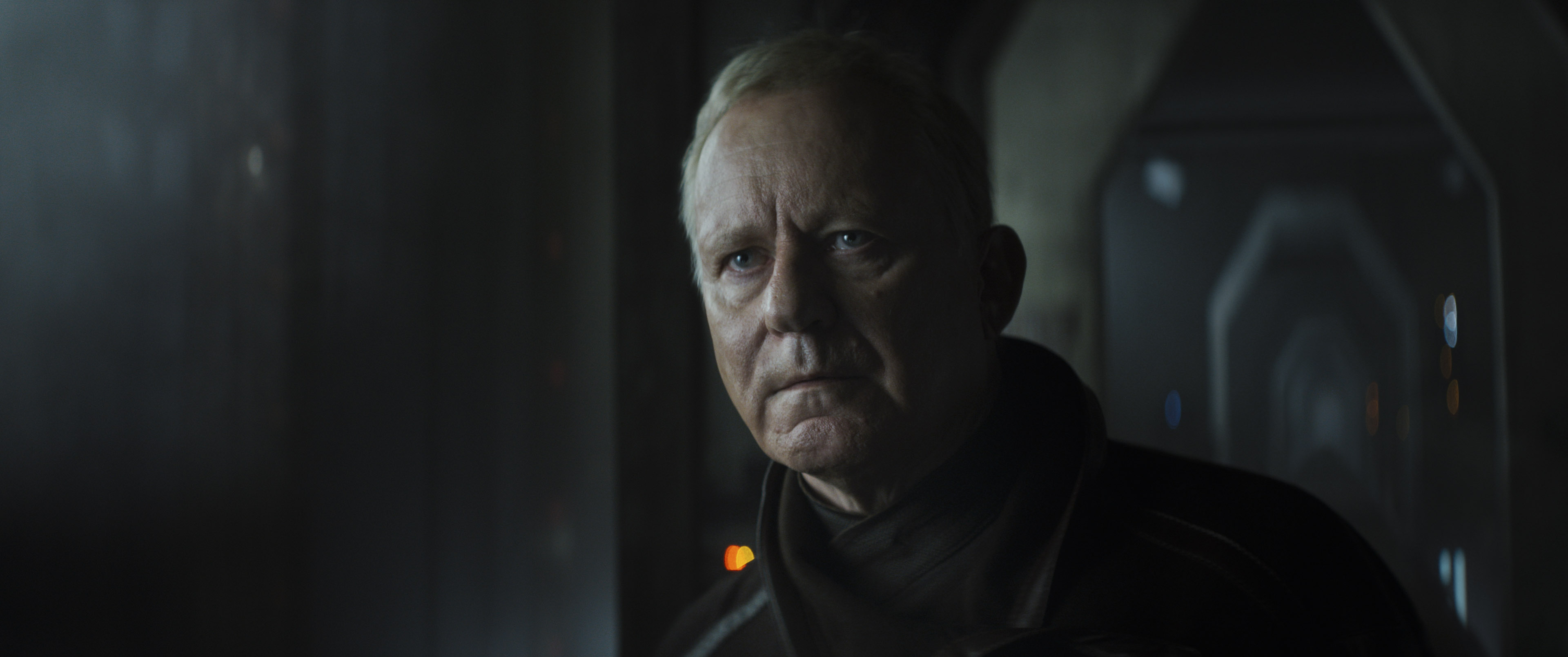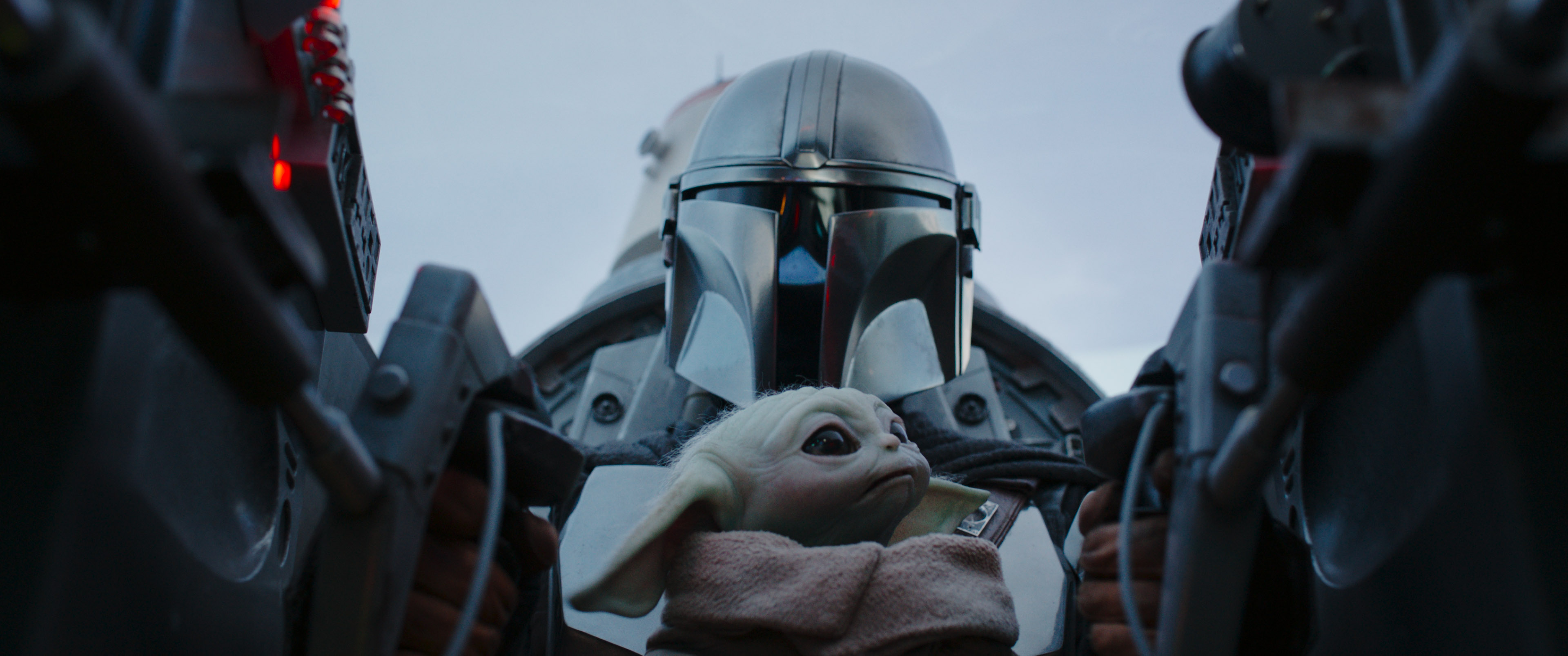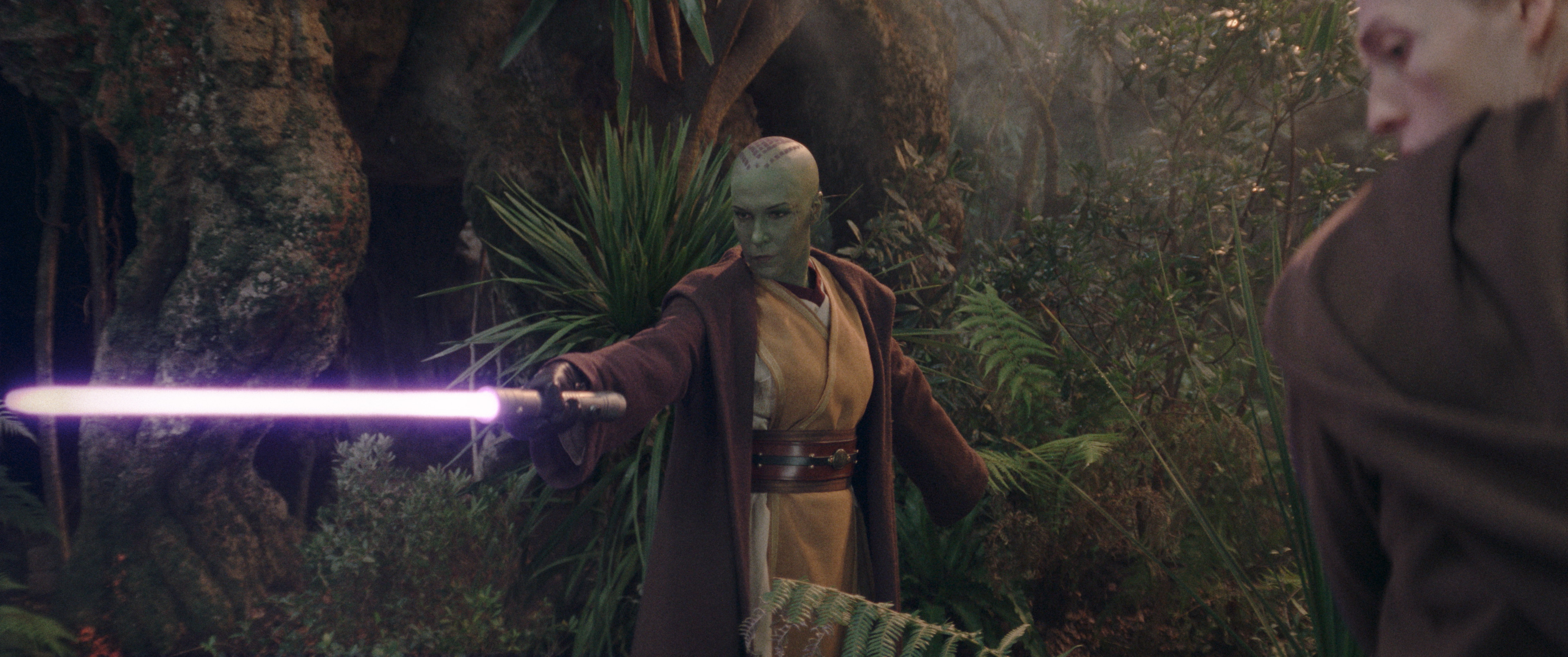
As a dedicated fan who has navigated through the intricate web of both Marvel and Star Wars universes, I must say that my experiences with the Disney+ series have been as exhilarating as they’ve been challenging. On one hand, I’ve found myself immersed in captivating stories that are rich in detail and character development, such as WandaVision or The Mandalorian. Yet, on the other, I’ve felt the sting of incomplete arcs and cliffhangers that seem to be intentionally left unresolved for future projects (looking at you, Wanda Maximoff).
Ever since Disney+ debuted in November 2019, we’ve been fortunate to enjoy an abundance of fresh Star Wars and Marvel original series. “The Mandalorian” has exploded into a cultural sensation, now boasting three seasons and several spinoffs, while the first season of “Andor” was almost universally praised by critics.
Regarding Marvel, “WandaVision” stands out as one of the most imaginative and engaging tales in the franchise, surpassing many others in its rich history. The Marvel Cinematic Universe has expanded significantly through its Disney+ series, bringing numerous beloved characters from the comics to life, such as Kamala Khan (Ms. Marvel) and Kate Bishop.
Over almost five years since Disney+ was launched, I’ve had a fantastic time watching numerous Star Wars and MCU originals they offer. However, it has become evident to me that the Star Wars series tend to surpass the Marvel ones in various aspects.
More consistent quality

Although quality can vary among different projects, most Star Wars Disney+ originals tend to be skillfully crafted and extremely engaging. On the other hand, the quality of Marvel’s Disney+ series is often uneven, ranging from exceptional (like WandaVision) to average (such as The Falcon and the Winter Soldier) and even downright poor (Secret Invasion). No matter what you believe to be the weakest Star Wars Disney+ series, it still surpasses Secret Invasion, along with several other Marvel Cinematic Universe shows.
A significant portion of the higher quality in Disney+’s Star Wars shows compared to Marvel is due to the extended time they have to develop their stories. For instance, The Bad Batch boasted three seasons, each containing 15-16 episodes. Both The Clone Wars Season 7 and Andor Season 1 offered 12 episodes apiece, with the same number planned for Andor Season 2. Similarly, The Mandalorian has seen three seasons, each consisting of eight episodes per season.
As a diehard Marvel fan, I’ve noticed that most of the Disney+ series follow a six-episode-per-season structure, with exceptions being Loki and What If…? which have been fortunate enough to extend beyond one season. Interestingly, among these, the X-Men ’97 series boasts the longest run at ten episodes. However, it’s important to note that this series does not align with the continuity of the Marvel Cinematic Universe.
In a simpler and more conversational style: Each season of shows like WandaVision, She-Hulk: Attorney at Law, and What If…? consist of nine episodes, while most other MCU series have six. However, the exception is Echo with only five. Compared to this, Star Wars series typically have more space for storytelling, resulting in better character development and a more satisfying conclusion.
The relationship between the shows and movies

As a devoted fan, I find it challenging to keep up with the intricate narratives spanning both the Star Wars and Marvel universes across multiple mediums. However, when it comes to their Disney+ series, Star Wars has excelled in making each show self-contained and compelling, without necessitating viewing of previous projects as a prerequisite for enjoying future ones.
In essence, WandaVision, Ms. Marvel, and The Falcon and the Winter Soldier served not only as standalone stories but also paved the way for subsequent films like Doctor Strange in the Multiverse of Madness, The Marvels, and Captain America: Brave New World. Watching these Disney+ series beforehand provides essential context and character development that might otherwise be missed if you jump straight into these upcoming movies.
In certain shows, some storylines are intentionally left open-ended, allowing for continuation in separate projects at times even years down the line. This was particularly noticeable with Wanda Maximoff, whose character seemed dramatically altered between her portrayal in “Doctor Strange in the Multiverse of Madness” and “WandaVision”, reflecting the distinct creative perspectives behind each film and series.
So far, Star Wars doesn’t seem to have any problems associated with it. For instance, there are many links between the series Andor and Rogue One, and watching Andor before Rogue One might enhance your viewing experience of the latter. However, watching Andor is not mandatory; the same applies to The Mandalorian and the sequel trilogy, or The Acolyte and the prequels, or the High Republic novels. In other words, enjoying these Star Wars elements doesn’t necessarily impact your understanding or appreciation of others within the franchise.
Essentially, the primary reason for this situation is that since Disney+ debuted, only one Star Wars movie has been released – “The Rise of Skywalker” – which came out before the first season of “The Mandalorian” had concluded. This could also potentially apply to “The Mandalorian & Grogu”, as it may be necessary to watch “The Mandalorian” prior to it.
It’s unlikely that this scenario will unfold, given that Season 1 demonstrated how compelling tales featuring Din Djarin and Grogu can be presented through a weekly adventure format. This approach was instrumental in making “The Mandalorian” an easy show to engage with initially.
More variety with time periods

Among the elements I enjoy most in the Star Wars Disney+ series is their exploration across various time periods. Specifically, “The Mandalorian” unfolds approximately five years after “Return of the Jedi,” while “The Book of Boba Fett,” “Ahsoka,” and the upcoming “Skeleton Crew” all transpire in the same timeframe.
These shows – “The Bad Batch”, “Obi-Wan Kenobi”, and “Andor” – are all set during the timeframe sandwiched between the Star Wars prequel and original trilogies. On the other hand, “The Acolyte” and “Young Jedi Adventures” take us back to the High Republic era, a period that was previously only explored through books and comics. Each episode in the non-canon series, “Star Wars: Visions”, is set in a distinct era, while “Tales of the Jedi” and “Tales of the Empire” cover events ranging from the prequels up until “The Mandalorian” Season 2.
The majority of Marvel’s Disney+ series unfold in the time period immediately following the events of “Avengers: Endgame.” It can be quite annoying that numerous stories fail to address or barely touch upon the Blip, a significant event in the Marvel timeline. However, shows like “WandaVision” and “Hawkeye” are commendable for skillfully integrating the effects of the Blip into their narratives.
Loki, along with What If…?, explore different points in the multiverse, occasionally venturing beyond the timeline established by Endgame. However, the bulk of these shows are set within this timeframe. I appreciate the diverse time periods presented in the Star Wars series, and I’m excited that it will continue with future films ranging from the era depicted in The Mandalorian to 25,000 years before The Phantom Menace, as well as 15 years following The Rise of Skywalker.
I can’t wait for “Agatha All Along” and “Daredevil: Born Again,” along with several other new Marvel series that are on the horizon. That being said, I must admit that I have been more captivated and have higher expectations for the upcoming Star Wars Disney+ originals as compared to Marvel’s offerings at this time.
Read More
- Clash Royale Best Boss Bandit Champion decks
- Vampire’s Fall 2 redeem codes and how to use them (June 2025)
- Mobile Legends January 2026 Leaks: Upcoming new skins, heroes, events and more
- World Eternal Online promo codes and how to use them (September 2025)
- How to find the Roaming Oak Tree in Heartopia
- Clash Royale Season 79 “Fire and Ice” January 2026 Update and Balance Changes
- Best Arena 9 Decks in Clast Royale
- Clash Royale Furnace Evolution best decks guide
- Best Hero Card Decks in Clash Royale
- FC Mobile 26: EA opens voting for its official Team of the Year (TOTY)
2024-07-31 18:52